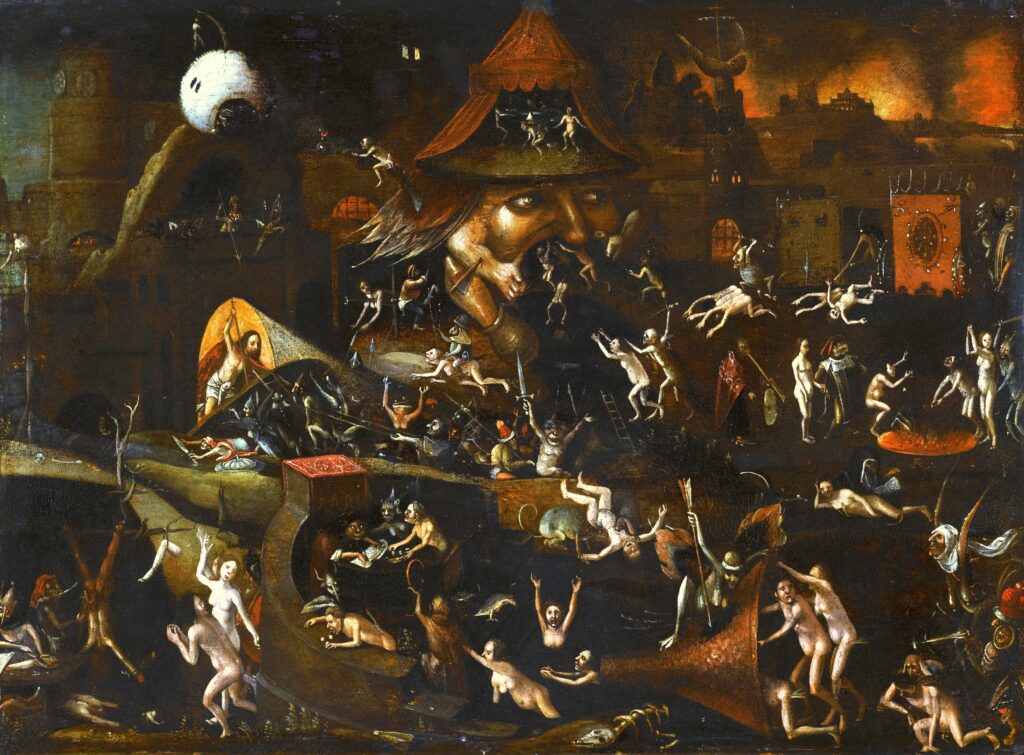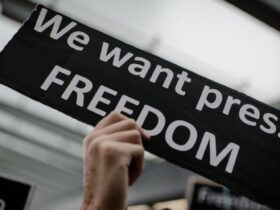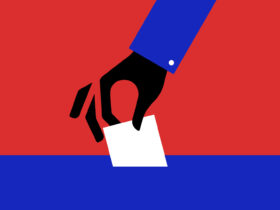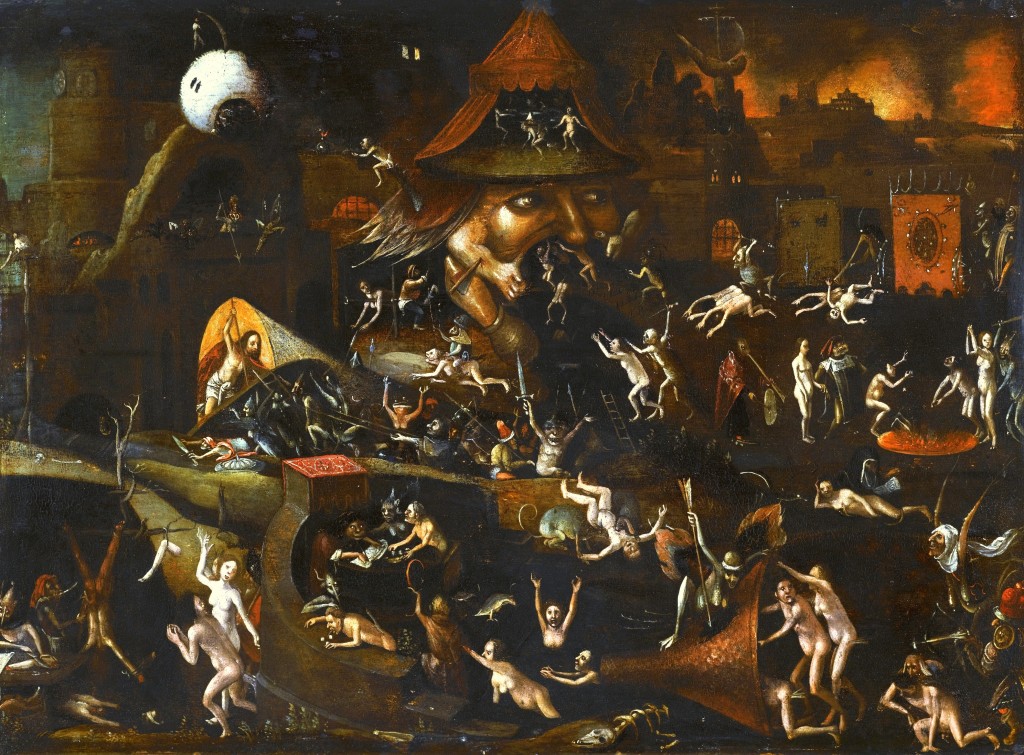
Caroline Chen on Fiscal Policy
The overriding economic concern is whether or not Trump will truly put the money where his mouth is. Much of his bellicose, protectionist campaign rhetoric defied the fundamentals of American fiscal policy; to advocate for increased tariffs, closed borders and industry protection is a rejection of the inevitable linkages and growth that come with globalization and market economics. As Paul Krugman wrote this morning: “Under any circumstances, putting an irresponsible, ignorant man who takes his advice from all the wrong people in charge of the nation with the world’s most important economy would be very bad news. What makes it especially bad right now, however, is the fundamentally fragile state much of the world is still in, eight years after the great financial crisis.”
We face a great economic unknown, especially with much of the world still recovering from the most recent financial crisis. We need a leader who will steady the ship, not veer off course. Let’s see where Trump will take us.
Katerina Fomichev on Climate Change
The Paris Climate Change Conference in December 2015 proved to be a monumental step for the global community in reducing greenhouse gas emissions and curbing the effects of climate change. However, newly elected President Donald J. Trump, a man who has blatantly denied the existence of climate change, promised to halt or even reverse any advances made by the 195 countries towards a greener, more promising future. One of his more commonly cited tweets reads, “The concept of global warming was created by and for the Chinese in order to make U.S. manufacturing non-competitive”. And according to New York Times reporter Andrew C. Revkin, it is puzzling as to why Trump wants to “cancel” the Paris agreement “given that nothing in the pact legally binds the United States to take steps on emissions or climate aid.”
But before everyone panics, remember that on November 4, 2016, the Associated Press, on behalf of the United Nations, officially reported that “the Paris Agreement to combat climate change became international law”. No matter how convinced Trump is in his ability to dissociate the United States from this agreement, it is fairly set in stone, and any efforts the Obama administration made to reduce the effects of climate change are not in vain.
Zoie Petrakis on Education Policy
The United Sates’ most recent elections will certainly bring significant policy changes, but what does Donald Trump’s being elected mean for education? According to the Donald Trump Campaign, the newly elected president plans to immediately institute School Choice by allotting $20 billion in federal funds and $110 billion from the state budget in an effort to institute the program. As an idea, School Choice is rather simple; a student has the option to attend whichever school they choose, whether it be public or private, and the nearly $12 thousand per student typically provided by the government each year will follow the given student to their institution of choice. Although School Choice seemingly aims to give American students the opportunity to enroll in a system most suitable to their needs, it proves to be greatly problematic. Not only does this system perpetuate an institutionalized form of educational inequity, it also promulgates a deep-rooted form of discrimination encouraged by the reality that schools—namely those in the private sector—have the power to choose which students they wish to take and which they wish to deny. With their significant power of choice, schools in the private sector have the ability to choose to enroll only students of a certain race, religion, or socioeconomic background. Furthermore, they would be taking the Average Daily Attendance (ADA) funds from the greatly underfunded public schools that so desperately aim to provide a suitable learning environment for their students. The combination of declining enrollment and decreasing funds in public schools would ultimately result in the students most needing support and educational resources being forced to attend schools that are underfunded and possibly even homogenized based on negative social stigmas.
Miles Malley on the Iran Nuclear Deal
Last night, the American people made a terrible, depressing decision, and I refuse to believe otherwise. That being said, the decision was made, Donald Trump is now our President, and it is time to take his policies seriously. Among these policies is Trump’s desire to “tear up” President Obama’s signature foreign-policy achievement — the Iran Nuclear Deal.
Iran asserted yesterday morning that the deal is set regardless of who the US President is, clearly nervous about Trump’s rhetoric during the election. Still, Trump, especially with a Republican House and Senate, could quite feasibly reinstate sanctions. This would almost surely mean a loss for the moderate President Rouhani in the upcoming elections, and a return to power for Iran’s Islamist hard-liners, who will be intent on building a nuke before Trump can launch any military attack to thwart them, possibly leading to a full-scale military intervention. As important is whether or not other countries follow suit; notably, our NATO allies, Russia, and China. All are unabashedly in favor of continuing economic relations with Iran, and could realistically ignore US pleas to re-implement sanctions themselves. This could prove to be the first ignition of tensions between Trump’s administration and NATO, while potentially derailing the oddly warm relationship between Trump and Putin.
Andre Gray on Political Discourse and Content
The Trump brand is a triumph of alternative media over the information channels of mainstream conglomerates. His mobilization of white labor and white nationals via Twitter, Facebook and the alt-right/techno-anarchist spaces of Breitbart, 4chan and reddit is the most recent example of a larger migration of Western elections and political discussion towards the high-frequency format of niche and disparate content farms. This format has been in play since 2008, but 2016 has seen the first cases of it actually nullifying established media. Pundits talk about “merging our polarized information silos”, but the internet enclaves that will frame the future of political discourse seem structurally inevitable. Right-wing forces in France, Germany and the UK have all successfully leveraged rhetoric designed for Google’s search algorithm, and practiced the rapid hashtag and meme generation that fueled Trump’s twitter game. Media-savvy leftists took his inflammatory bait every time, and just recycled their social justice thinkpieces amongst themselves while letting Trump dominate their headlines, feeds and search-queries. Putin, who has been funding far-right movements throughout Europe for some time, leveraged Wikileak culture to keep Hillary on damage control. Her careful fretting and pivots were the early 2000s politics of information and image management, not the new school of flame-warring tribes and content scalability. The Western left will need to adapt, like Bernie did, to a post-mainstream model of political communication grounded in grassroots clustering, perpetuation and hyperactivity.
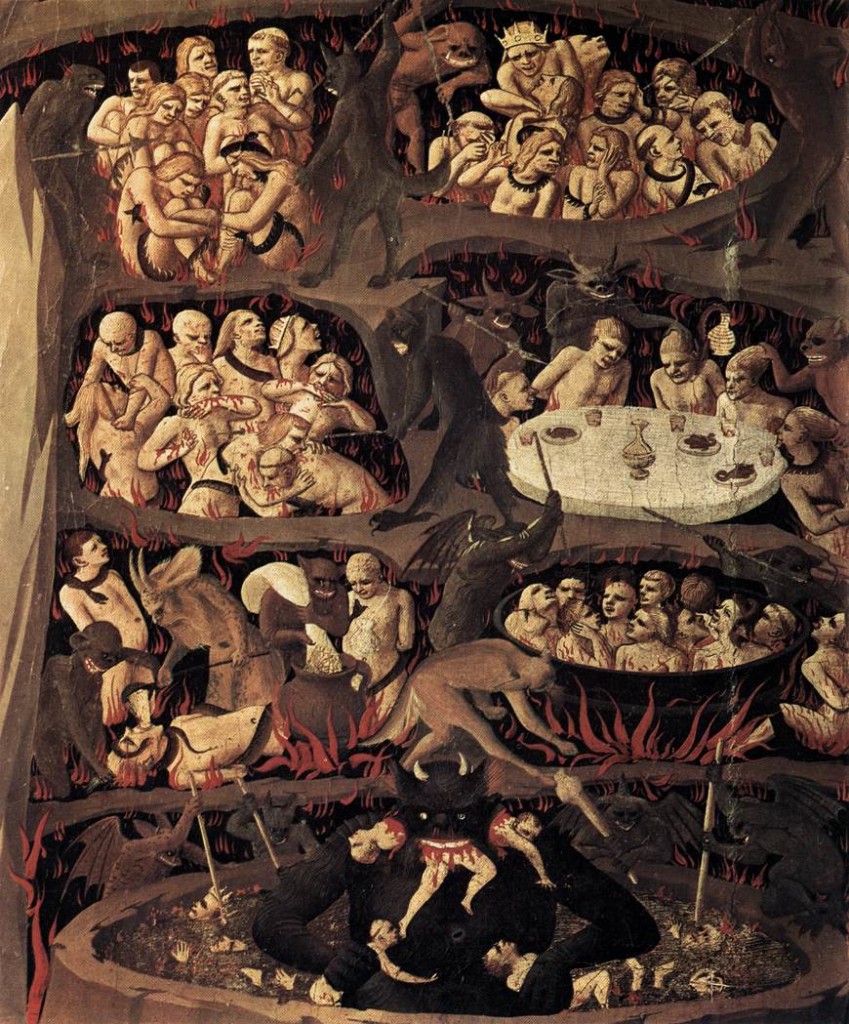
Katya Lopatko on EU Relations
As it became clear that Trump would defeat Clinton in the bid for the presidency, the French ambassador to the US voiced many Europeans’ outlook on the election by tweeting “This is the end of an era, that of neoliberalism.”
Of the major European heads of state ( Putin excluded), only British Prime Minister Theresa May offered Trump her untainted congratulations, reflecting perhaps her own country’s unwillingness to alienate the US post-Brexit. President Hollande of France called last night the beginning of a “period of uncertainty.” As for Germany, Chancellor Merkel offered Trump her support and cooperation on the condition that he respects the “values of democracy, freedom and respect for the law and the dignity of man, independent of origin, skin color, religion, gender, sexual orientation or political views.” Such a qualification seems laughable in light of his flagrant disregard for these principles in his campaign rhetoric, but the US relationship with Europe over the next four years depends less on the repugnance of Trump’s character and more on the actual policy his cabinet adopts.
Throughout his campaign, Trump has called into question the fundamental tenants of the US-EU relationship. He consistently decried free trade agreements – the Europeans can forget about the TTIP for the next four years. As for NATO, Trump called it “obsolete” while refusing to condemn Russian military intervention in Ukraine and openly voicing his admiration for Putin.
While Obama fit in well with the cast of liberal European leaders, Trump’s presidency will strain relations. Outside of the far-right political circles, he is viewed as an anomaly at best and, in the words of Hollande, simply makes many “want to retch.”
The Le Pens have clearly taken Trump’s victory as a good omen. Marine congratulated him on his victory even before the official results were announced while her father and former party leader, Jean-Marie tweeted an ominous “Today the United States, tomorrow France.” It will be up to the European populace whether the continent will recoil from Trump or follow in his footsteps.
Luke Phillips on Defense Spending
Despite breaking with much contemporary Republican orthodoxy on America’s role in the world, Trump is nonetheless a hawkish nationalist very much within what Walter Russell Mead calls the Jacksonian tradition in American foreign policy. So despite his vocal opposition to free trade, international institutions, and traditional American alliance networks, Trump is a big friend- we might say a “yuge” friend- of American military expenditures.
“We’re going to make our military so big, so strong and so great, so powerful that we’re never gonna have to use it.” It can be reasonably assumed that, with this sort of temperament, President Trump will be more than interested in repealing the sequestration laws of the last couple of years and pushing for increases in defense spending resembling the Reagan-era buildup. Investors seem to agree- Defense One reported that defense industry stocks have soared since Trump’s election was announced.
As yet, no one has any idea just how President Trump might use this rejuvenated American military strength. Given the current tumultuous geopolitical straits the world is entering, higher U.S. defense spending might even be a blessing. But with an unpredictable maverick at the helm of U.S. foreign policy, that strength may be tested sooner rather than later- and that would be a disaster for everyone.
Sofie Roehrig on Echo Chambers and the Fading City on a Hill
The fact that the media, politicians and the public were caught off guard by Trump’s election sheds light on dangerous phenomena not unique to the US. Large masses feel politically alienated from government elites, socio-economically let down by left-wing politics, and policed by political correctness advocates in a world which is becoming more diverse and interconnected than ever. Against this background, the ‘white’ identity politics so strongly rejected by America’s liberals resonates strongly with Trump’s supporters. But why were we still caught off guard? The echo chambers of social media restrict information flow to like-minded views and prevented and still prevent Hillary supporters from understanding and engaging with Trump supporters. Many don’t know “the other 50%”, I mean really know them. The resulting ‘parallel societies’ are only drifting further apart and unrest and violence from both sides is taking over post-election US. In order to avoid a greater outbreak of violence, politicians and civil society must engage with both parties in order to pave the way for a less divided society.
As this division is now glaring, the US role in the world is going to change profoundly. Not only was Trump’s election applauded by controversial heads of states around the world but also by Islamist extremists and former Imperial Wizard of the Ku Klux Klan David Duke. For the populist and right-wing politicians, this election symbolizes the end of US moral hegemony on democracy and human rights, and a halt to globalizing forces. For Islamist extremists, it comes as a handy proof of the pitfalls of democracy and Western political ideology. The values which have often been used to legitimize US political, economic and military engagement, particularly in the Middle East, are becoming void. Even if policymakers around Trump perpetuate the old US foreign policy narrative of spreading liberal values (currently they are not assumed to do so), US soft power as the ‘City on a Hill’ and the forerunner of the ‘liberal world’ will no longer have credibility in the Middle East and the international community as a whole. An international order without this driving force is currently hard to imagine, but policymakers will be facing this question soon.
The views expressed by the authors do not necessarily reflect those of the Glimpse from the Globe staff, editors or governors.


